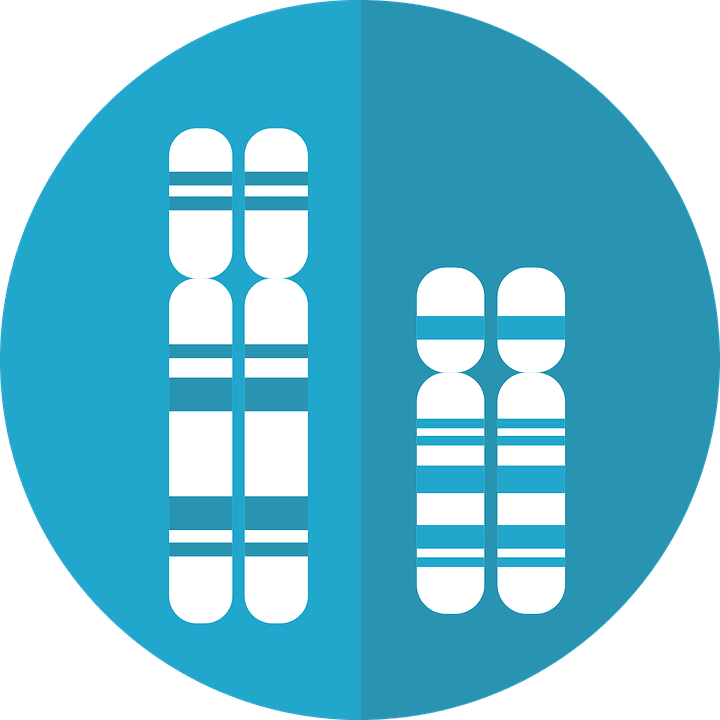According to a publication from the Korea Times, the Eone Diagnomics Genome Center in Incheon, South Korea, is working to improve patients’ accessibility to their own genetic sequence. Researchers believe that by improving user peoples’ access to their own DNA, they can take better preventative measures against any genetic conditions to which they might be predisposed.
For example, people pre-inclined to lung cancer may take special care to not take up smoking. Those genetically inclined to develop diabetes may pay close attention to their diets, and make sure to get plenty of exercise.
The Future of Genetic Testing?
The Eone Diagnomics Genome Center (EDGC) was formed in 2013 through the merger of American genomics company Diagnomics and EONE Laboratories of South Korea.
By analyzing blood and saliva samples submitted by users, EDGC works to identify certain conditions which the user might have a higher likelihood of developing. The Center then offers guidance by suggesting ways to limit risk through lifestyle changes. A patient at EDGC can have their entire genetic code sequenced — around 3 billion base pairs of amino acids — in under three days.
Within two weeks, patients receive a predictive diagnosis (which is not, it’s important to point out, the same as an actual diagnosis) along with recommendations for lifestyle changes. Potential conditions are categorized into head and neck, upper abdominal, lower abdominal and systemic diseases. Patients’ risk of developing any of the conditions tested for by the EDGC kit is evaluated on a 1-5 scale (with 1 being the lowest possible chance of developing a particular condition, and 5 being the highest possible chance).
The company bases its predictions on data collected from the Global Screening Arrays Consortium, a group of 11 genomics institutions that pooled resources to centralize the genetic information of over 20 million people from around the world.
Today Diagnosis, Tomorrow Treatment
In South Korea, only medical institutions are permitted to conducting test concerned with the prevention, diagnosis, treatment of disease.
“The current health system focuses on disease,” said co-founder and CEO of EDGC, Shin Sang-cheol. “But the future will have a much wider spectrum than that,” adding that a patient’s genome — along with other factors like nutrition and exercise — will one day play more of a role in the evaluation of patient health.
“It could be part of people’s everyday medical checkup,” Shin proposed. By helping predict, and hopefully prevent certain genetic conditions from developing in select individuals, he believes the overall strain on national healthcare resources could be reduced.
Is this a service you would be interested in? Why or why not? Share your thoughts, hopes, or concerns with Patient Worthy!






